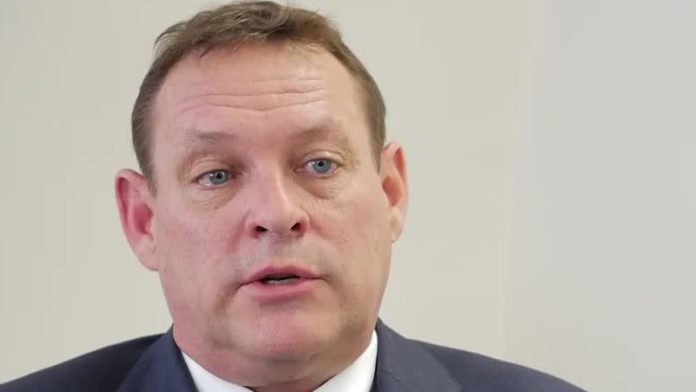
ACACIA Mining said it planned to resume direct negotiations with the Tanzanian government following a “deeply concerning” escalation in tensions which have seen former and current employees arrested on fraud charges.
It would also seek an update from its parent company Barrick Gold on progress it had made in respect of discussions regarding a dispute over unpaid tax claims levelled by the Tanzanian government.
The Tanzanians, led by President John Magufuli, has been reluctant to broker talks with Acacia on the tax matter. The government alleges Acacia owes it tens of billions in dollars of unpaid tax, penalties and interest dating back two decades.
“While the company remains excluded from these discussions, Acacia is not aware of any material developments or progress in the direct discussions and engagements between the GoT [Government of Tanzania] and Barrick through the quarter,” it said. On September 24, Barrick announced plans to merge with Randgold Resources.
Acacia was commenting in its third quarter results announcement in which it had rebuilt its net cash position to $74m, an increase of $65m for the year to date. The company forecast production of more than 500,000 ounces for the year which compares favourably with the 435,000 and 475,000 oz previous outlook
Net earnings came in at $11.9m, equal to 2.9 US cents per share which were 26% down on the $16.0m or 3.9c/share) booked in the third quarter of the 2017 financial year. Shares in Acacia Mining traded down 2% in early UK trade but on a 12-month basis, there has been a recovery of 61% since mid-September.
In light of “… the increasingly challenging operating environment”, Acacia would “… be reaching out directly to the government to seek the opportunity for direct dialogue regarding our ongoing disputes”, said Peter Geleta, interim CEO of Acacia in notes to the firm’s third quarter figures.
But he also alluded to upping the legal ante on Tanzania commenting that his company would “… inform the Government that failing a negotiated resolution the company may need to pursue claims under the bilateral investment treaty between the United Republic of Tanzania and the United Kingdom”.
He added that the likelihood of enlisting new investment from interested Chinese companies was “inextricably linked” to a settlement with the Tanzanian government. For the time being there had been no progress; not did he expect any “… until there is a clearer picture of the likely outcomes of Barrick’s discussions with the GoT”.
Zijin Mining Group, the Chinese company that is in joint venture with Barrick and has been connected with an interest in buying more African assets, told Reuters this week that it was “paying attention” to Tanzanian but it was “not yet negotiating” with the country.
The relationship between Acacia and the Tanzanian government hit a new low this week following confirmation that former and current employees had been arrested. On October 17 the company announced that a current and a former employee of its Tanzanian businesses, together with three of the group’s Tanzanian companies, had been charged by the Tanzanian Prevention and Combating of Corruption Bureau (PCCB).
The charges related to “… a number of different offences including breaches of the Tanzanian Anti-Money Laundering Act,” the company said. All charged had made not guilty pleas but were not bailed under the Anti-Money Laundering Act.
A total of 39 charges have been levelled by the PCCB relating to the historical structuring and financing involving a range of entities including Acacia’s locally-owned subsidiaries Bulyanhulu Gold Mine Limited and North Mara Gold Mine (NMGML). They delve back into company history as far as 2008 before Acacia was formed when it was African Barrick.








